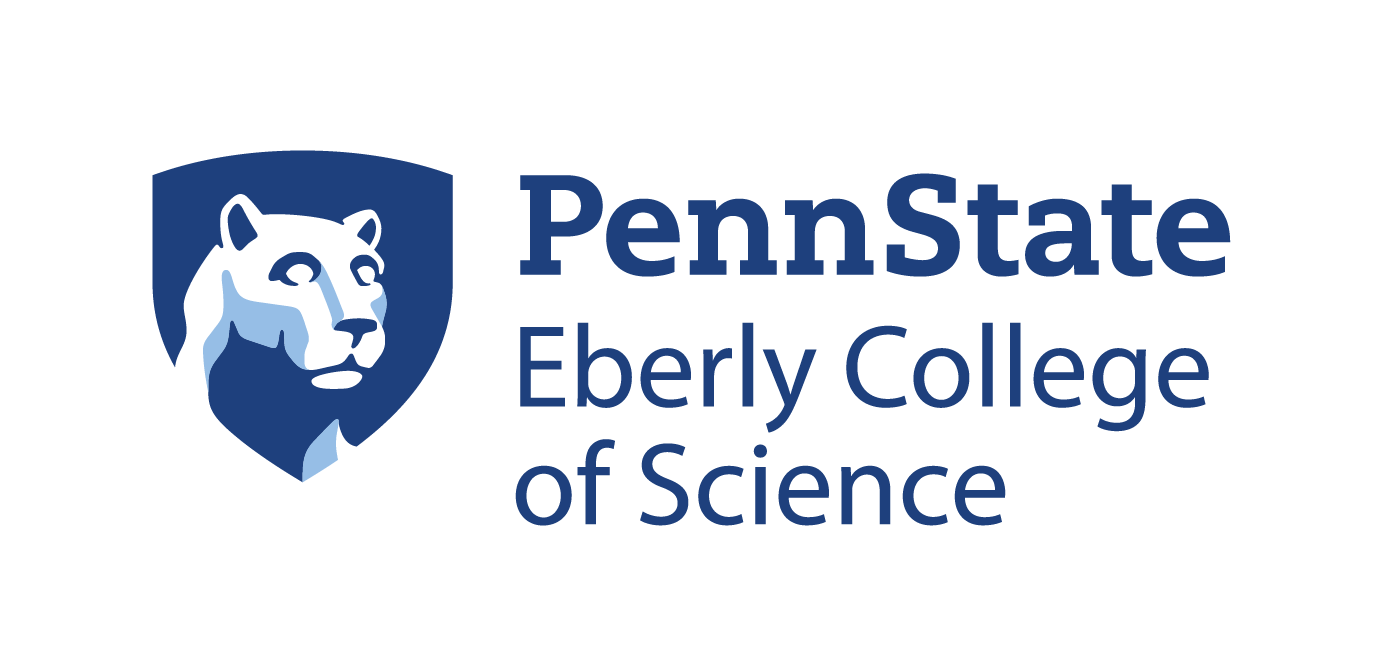The Grove Center for Excellence in Science Education strives to be the connecting hub for the science education community in the Eberly College of Science. Our current learning communities of practice (CoP) have emerged from our programming and by request from a small group of instructors. The Evidence Based Teaching Academy (EBTA), a weeklong experience to introduce and promote inclusive research-based teaching, has been one of our very successful catalysts for community connection. The Grove Center provides administrative support to reserve meeting space and share meeting information regarding group meeting time. If a group of instructors is interested in starting a learning community of practice, please contact us so we can work with you to help create your community.
Educational Communities of Practice
A Community of Practice is a group of people who share a common interest, profession, or passion and come together to learn, collaborate, and develop their expertise. All communities of practice have three vital elements: a domain or common focus for their work; practice or work that the community is doing in that domain; and the community itself which are the people in it.
Our Communities of Practice
The Grove Center communities of practice share the focus or domain of excellence in teaching and learning in STEM. The practice they are engaged in varies based on our educational community's interests. The communities of practice establish their own goals and schedule to fit the community members' needs. The Grove Center supports the communities in various ways that include leadership, administrative support for scheduling, getting the word out to support the membership, and more. Our current communities of practice are listed below with a short description of their goals, regular meeting cycle, and contact information to help new members join.
Brief descriptions of the communities and what they do:
Living Physics
The Living Physics community brings together faculty from physics, the life sciences, mathematics, and related disciplines who are interested in enriching the algebra-based physics sequence (PHYS 250 and 251) with relevant, real-world contexts from life science and medicine. This community will not only explore and develop curricular materials but will also work to strengthen the alignment between courses frequently taken by students in this sequence, with the goal of increasing engagement and promoting academic success. If this sounds like a community you'd like to be part of, please take a moment to fill out the form to indicate your interest.
Share AI Integration and Learning (SAIL AI)
SAIL AI brings together instructors from the Penn State Eberly College of Science (and beyond) to share how artificial intelligence (AI) is shaping their classrooms and work. This collaborative space offers opportunities to work on AI-related curricular projects, exchange ideas, and get feedback from peers. Whether you’re already using AI in your teaching or just curious about its possibilities, we invite you to join the community. Your experiences and insights can help enrich our collective understanding and support innovative teaching.
Interested in joining or presenting a topic at a future meeting? Complete our sign-up form. Feel free to share this invitation with colleagues who might be interested.
Gradescope
The Gradescope Community of Practice in the Eberly College of Science brings together instructors who are using, or interested in using, Gradescope to support efficient, high-quality assessment. Participants share real course examples, compare settings and question design, and exchange practical workflows that save time while enhancing feedback and student learning. All instructors, teaching faculty, and graduate student instructors in the college are welcome, whether you are just exploring the tool or are an experienced user. To learn more or join the group, contact Melissa Hicks at mjs100@psu.edu.
Graduate Professional Development Education Community
The Graduate Teaching Community is a student-led group for graduate students across the Eberly College of Science and beyond who are passionate about teaching. Supported by the Grove Center for Excellence in Science Education, this collaborative group meets to discuss teaching strategies, share experiences, and support each other’s professional growth.
Faculty mentors and featured guest speakers regularly offer fresh perspectives on teaching and learning in higher education. The group’s goal is to foster a welcoming and supportive community that values teaching and helps graduate students advance as educators.
Whether you are beginning to think more deeply about your teaching or have years of classroom experience, this community provides a place to connect, learn, and grow. To join or learn more, please fill out the online form or reach out to Morgan Vincent or Kristen Aviles.
Eberly College of Science Online Instructional group
Led by Grove Center designers, this is a community for instructors of who teach Science courses online and those interested in digital pedagogy. The group usually meets three times a semester to discuss current topics, share best practices, and stay on top of the continual evolution of digital teaching and learning. Join our Teams space.
Course Coordinators Community
The Course Coordinators Community connects course coordinators from across the Eberly College of Science to share strategies, resources, and support. Meetings are flexible and shaped by your interests and needs. Recent topics have included using AI for grading, building assessment expertise within departments, designing accessible course materials, and navigating new university accessibility requirements. The group also discusses ways to improve communication pipelines, strategies for sharing accessible resources, and knocking down siloes.
Whether you are looking for practical solutions, want to stay informed about university policies, or simply wish to connect with colleagues facing similar challenges, you are welcome to join. This community is open to new topics and ideas each meeting, so your input helps shape the conversation.
Interested in joining or suggesting a topic for an upcoming meeting? Email us and we can add you to the community.
Course-Based Undergraduate Research Experiences Learning Community
The purpose of the community is to share what you have been doing or are interested in doing to integrate research and education in our undergraduate courses. The community will also discuss ways to grow and create other opportunities to afford more students an opportunity to engage in these experiences and build upon our research and education strengths. Email us if you'd like to join.
On Hiatus: Specification Grading | Mastery Grading
This community is focused on sharing strategies to adapt Linda Nilson’s grading construct that relies on structuring course concepts into modules linked to learning outcomes and the bundling of assignments and assessments within those modules. Students focus their efforts on meeting learning targets rather than focusing all their efforts on grades. Members of the community discuss mastery-based grading and how to build in opportunities for revision and reassessment and the effect on student motivation.
Book Clubs
The Grove Center hosts book clubs each semester. The club typically meets biweekly until the desired chapters of the book have been discussed. The books are available online or supplied by the Center. Books selected for the club sessions can be requested by instructors, staff or administrators, and community members can attend any sessions for the books you are interested in reading.
Please contact us via email for more information regarding our book clubs.
Past Communities
Inclusive STEM
The Inclusive STEM community was started by members of the University wide Equity Pedagogy Network the Eberly College of Science. It was led by the Eberly College of Science Equity Pedagogy Fellows. This community hosted book clubs and shared announcements regarding upcoming seminars, webinars and events that focus on inclusive pedagogies. The fellows for the college were Russ deForest, Teaching Professor of Mathematics, and Ana Matkovic, Teaching Professor of Astronomy and Astrophysics.






